Iran launches new series of missiles targeting Israel
On June 19, Iran continued its airstrikes against Israel. According to the AP news agency, Soroka Hospital, located in the city of Beersheba, the main hospital serving southern Israel, was hit by an Iranian ballistic missile.
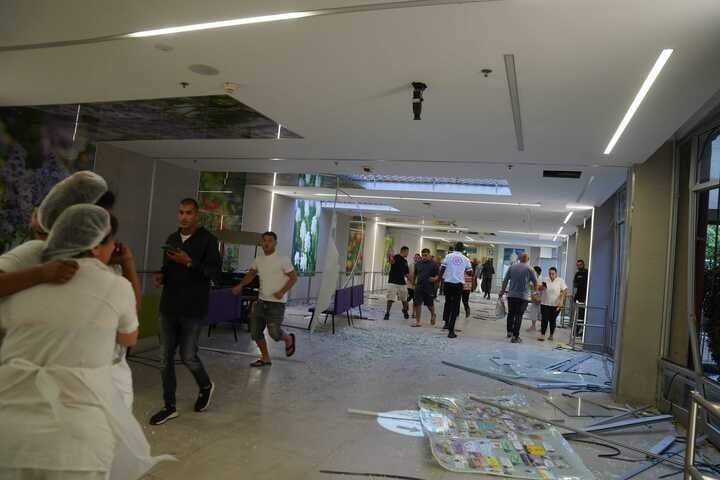 |
| Soroka Medical Center after Iran's missile attack. Photo: Times of Israel |
A hospital spokesperson confirmed that the facility had suffered “severe damage in several areas” following the attack, and said that there had been injuries. The center also urged people not to visit the hospital at this time.
Several videos posted on the Telegram platform, said to be of the aftermath of the attack, show several destroyed buildings and debris strewn across the scene.
According to information on the official website, Soroka Hospital has more than 1,000 beds and provides medical services to about 1 million residents of southern Israel.
Iran launched “dozens” of ballistic missiles at Israel on Thursday morning, with “many of them hitting civilian areas,” an Israeli military official said. Search and rescue teams were dispatched to several locations reported hit by the missiles.
Iran has denied allegations of attacking an Israeli hospital, state news agency IRNA said the airstrikes targeted military facilities in southern Israel, including a military telecommunications headquarters and an intelligence facility, and not a hospital as some media outlets reported. IRNA said the Soroka Medical Center in the city of Beersheba was only hit by shock waves from a nearby explosion.
Israel strikes Iran's Arak heavy water reactor
Iran's state-run IRIB television reported that Israel carried out an airstrike on Iran's Arak heavy water reactor early Thursday. IRIB said two missiles were fired at the facility at around 6 a.m. local time. However, the facility suffered no serious damage and no radiation leaks were reported.
Earlier in the early morning of June 19, the Israel Defense Forces (IDF) issued an urgent warning, asking people in the two cities of Arak and Khondab in western Iran to quickly evacuate the area.
“The IDF continues to carry out operations in this area, as it has done in recent days across Iran, targeting the military infrastructure of the Tehran regime,” the IDF statement said.
“People should immediately leave the marked area near Arak and Khondab. Your presence here puts your lives at risk,” the force stressed.
According to Google satellite images, the area circled in red by the IDF coincides with the location of the Arak nuclear facility, which houses a heavy water reactor and a heavy water production plant.
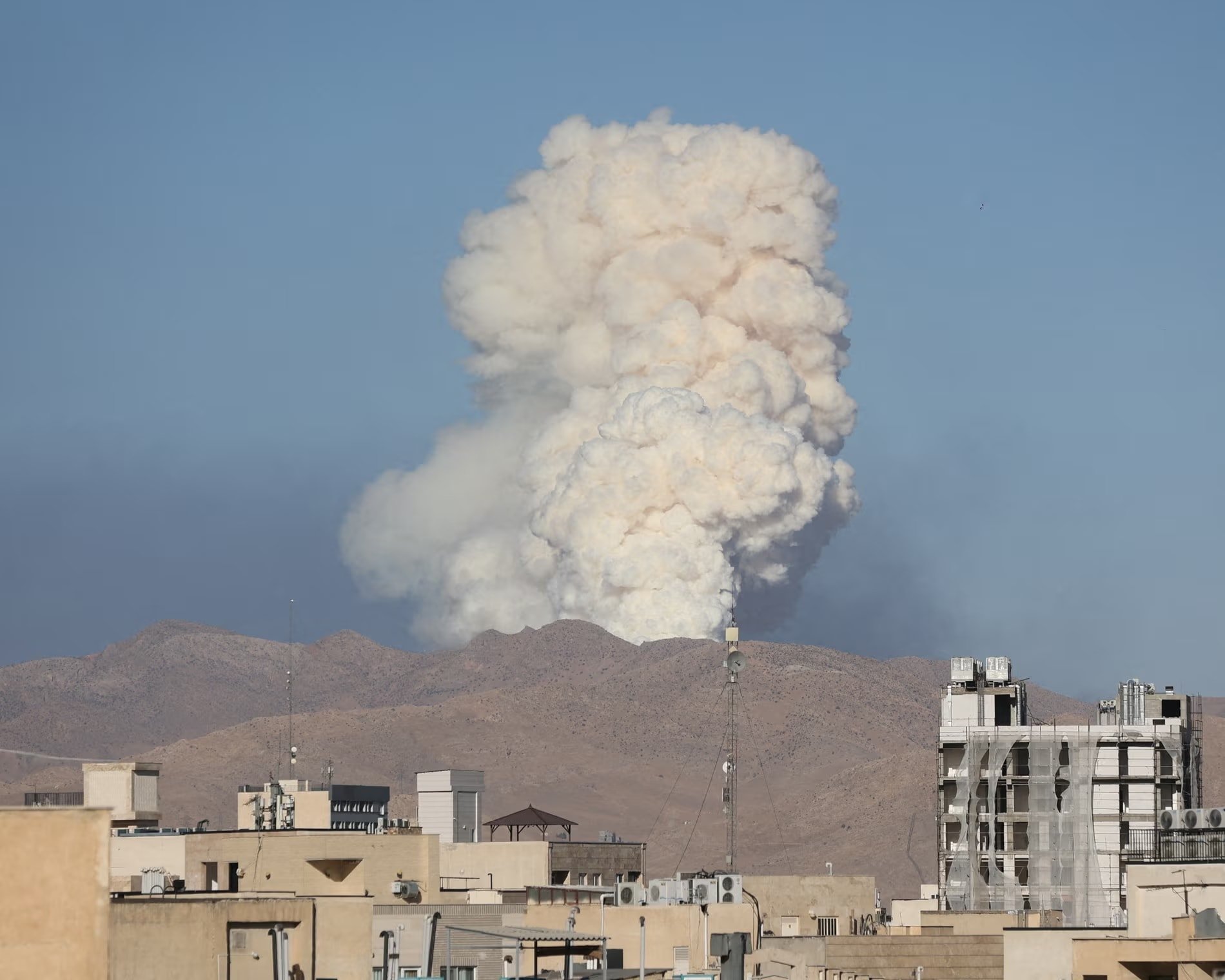 |
| Smoke rises after an Israeli attack on Tehran, Iran. Photo: Reuters |
The Arak heavy water reactor is located about 250km southwest of the capital Tehran. According to the AP, heavy water is used to cool nuclear reactors, but during operation it can produce plutonium, an alternative to making nuclear weapons. The facility has long been a focus of concern for the West because if Iran chooses to pursue a weapons program, it will have another route besides uranium enrichment.
British Foreign Secretary to meet US counterpart
British Foreign Secretary David Lammy will meet his US counterpart Marco Rubio in Washington to discuss escalating tensions in the Middle East.
Previously, on June 18, British Prime Minister Keir Starmer convened a meeting with the Cobra Emergency Committee with the participation of key ministers to update diplomatic efforts and plans to support British citizens living in the affected area.
During his visit to the US, Mr Lammy will also discuss the conflict in Ukraine and progress on the UK-US bilateral trade deal, part of which was agreed by Prime Minister Starmer and President Donald Trump at the G7 summit in Canada.
In recent statements regarding Israel-Iran tensions, the UK side emphasized: “Our stance remains consistent, we prioritize easing tensions, not escalating the situation.”
Countries continue to evacuate citizens
More than 100 Indian students returned home safely on June 19 after being evacuated from Iran amid escalating regional tensions as part of the Indian government’s campaign to evacuate its citizens from hotspots.
According to Indian media, the first group of 110 students arrived at New Delhi airport in the early morning of the same day (local time), as part of “Operation Sindhu”. Earlier this week, these students were taken to Armenia by road, then continued on a special flight departing from the capital Yerevan.
The Indian government also advised its citizens still in Iran to stay in touch with the Embassy in Tehran through its hotline and 24/7 coordination centre.
Iran has long been a popular destination for Indian students, especially those studying medicine.
According to CNN, hundreds of Indian Muslims are also stuck in Iran, most of them elderly and in need of medicine.
Iran is home to many holy sites for Shiite Muslims, attracting pilgrims from around the world. According to UNESCO estimates, the Imam Reza shrine in the city of Mashhad welcomes around 20 million pilgrims each year.
On the same day, Australian Foreign Minister Penny Wong said the Australian Government has also begun a campaign to evacuate its citizens from Israel amid rising regional tensions. Nearly 3,000 Australians have registered to receive assistance in the Middle East.
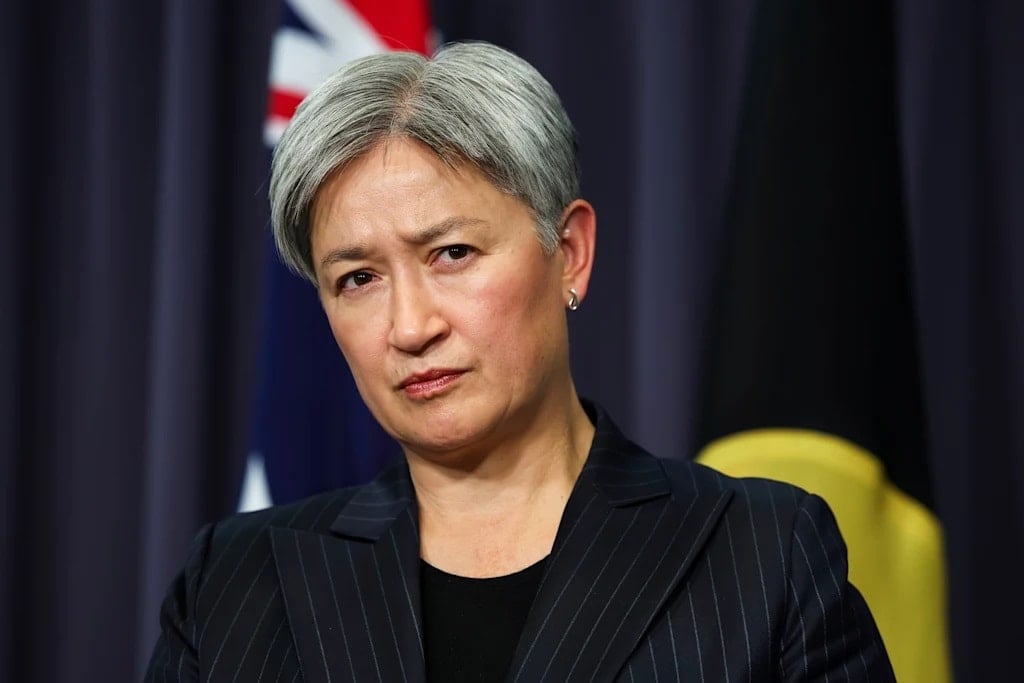 |
| Australian Foreign Minister Penny Wong. Photo: The Sydney Morning Herald |
The Australian Government is focusing on evacuating a small group of citizens from Israel by land, and hopes to evacuate more citizens within the next 24 hours, as the situation in the region becomes increasingly dangerous, Foreign Minister Penny Wong said.
While the government's ability to provide assistance is limited by practical factors such as airspace remaining closed, the Australian Government has pledged to support further evacuations if conditions allow.
Ms Wong said there were currently about 1,500 Australians in Iran and 1,200 in Israel who had registered for assistance. “If it is safe to leave, leave. If not, stay put,” she advised.
“I again urge everyone to listen to official travel advice. If you need assistance leaving the area, please register with the Ministry of Foreign Affairs and Trade,” Ms Wong said.
Meanwhile, the Japanese government has ordered military aircraft to be ready to evacuate citizens from Iran and Israel, as the situation in the Middle East continues to develop complicatedly.
Defense Minister Gen Nakatani cited data from the Foreign Ministry as saying that there are currently about 1,000 Japanese citizens residing in Israel and about 280 in Iran.
According to Mr. Hayashi, Japanese embassies in these two countries are planning to use buses to transport citizens to neighboring countries, as the conflict has entered its seventh day.
The Philippines has also evacuated 21 of its officials from Israel and is preparing the first evacuation of migrant workers in the coming days.
The Philippine government said it has received 178 repatriation requests so far. There are currently more than 30,000 Filipinos living in Israel, most of whom work in the health care and domestic services sectors.
The Philippine Embassy in Israel said it is providing accommodation and basic needs to 74 of its citizens there.
Stocks down, gold prices up
Stocks slipped slightly in Thursday trading, while safe-haven assets such as gold rose, as investors remained concerned about the possibility of US involvement in the conflict between Israel and Iran.
Japan's stock market saw a correction, with the Nikkei index slipping from a four-month high. Specifically, the Nikkei 225 index fell 0.8%, ending a three-session winning streak that had taken the index to its highest level since February 20. Meanwhile, the Topix index fell 0.6%.
US S&P 500 futures fell 0.4%, although most US markets, including Wall Street and the bond market, were closed on Thursday for a holiday.
Meanwhile, concerns about further escalation of tensions sent investors looking for shelter in gold, pushing prices up to nearly $3,390 an ounce.
TRAN HOAI (synthesis)
* Please visit the International section to see related news and articles.
Source: https://baodaknong.vn/cang-thang-israel-iran-tiep-tuc-cac-cuoc-tan-cong-tra-dua-lan-nhau-trong-ngay-xung-dot-thu-7-256083.html















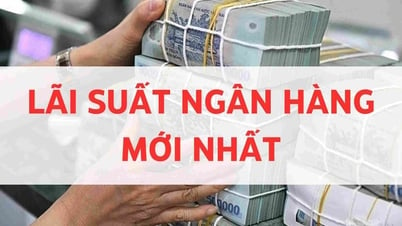

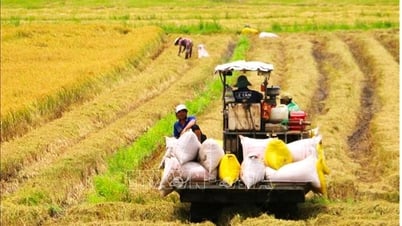





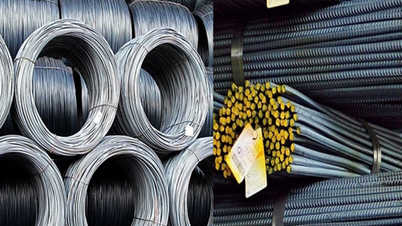








































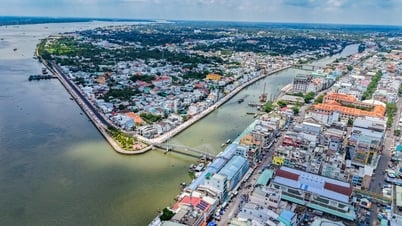

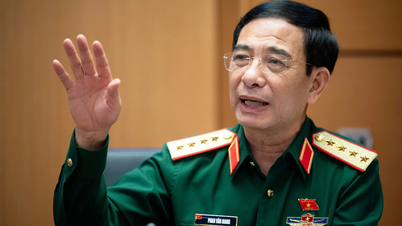

















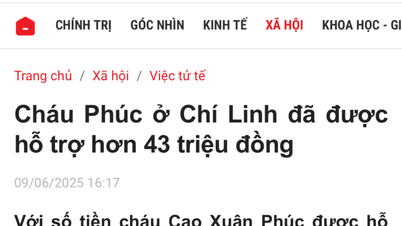














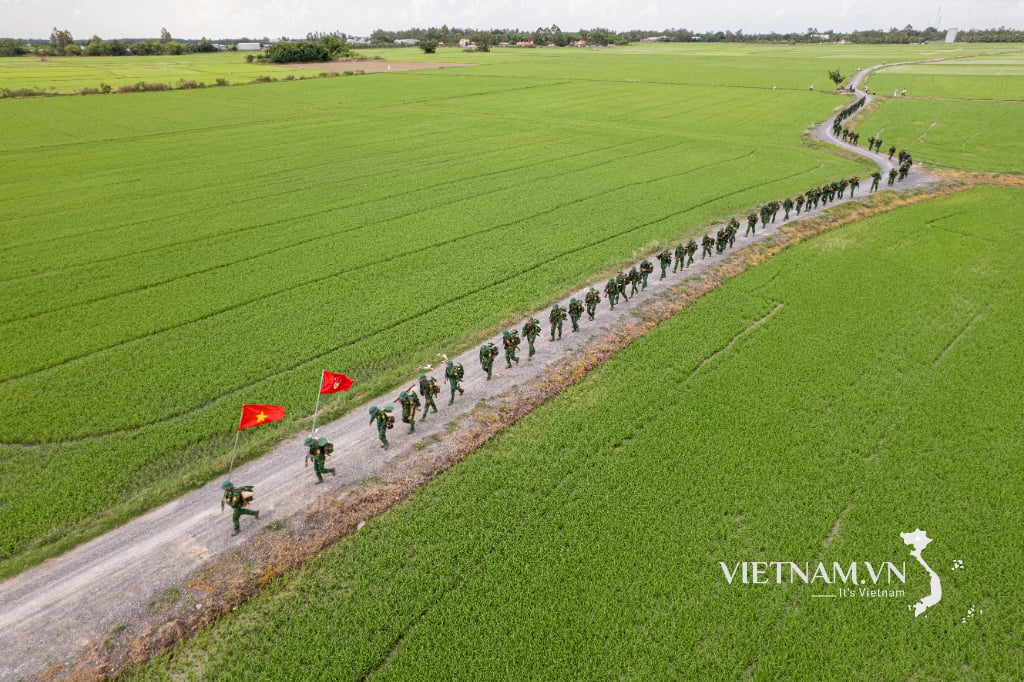
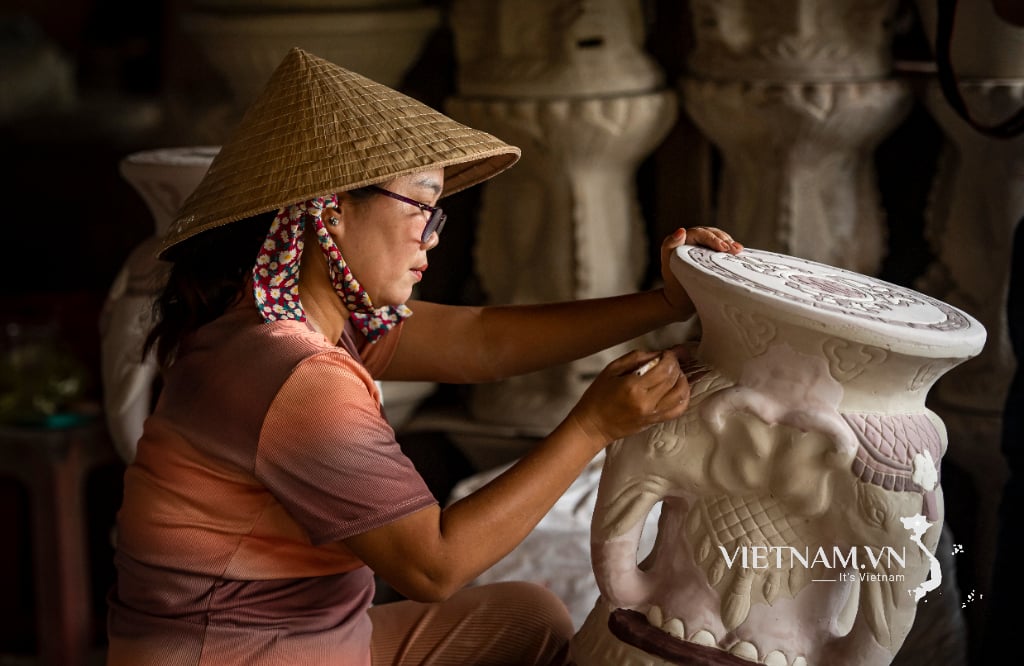


Comment (0)